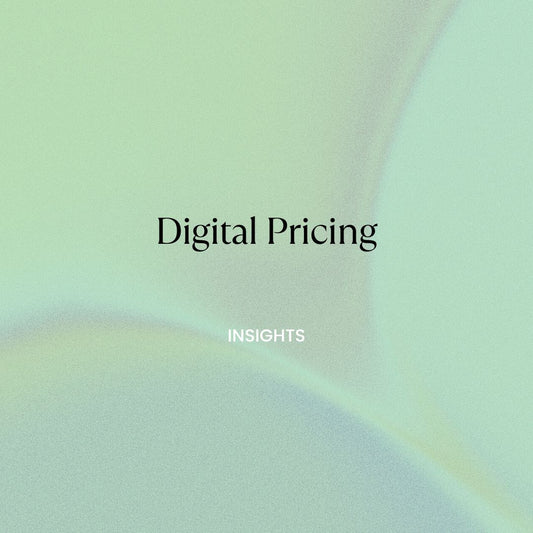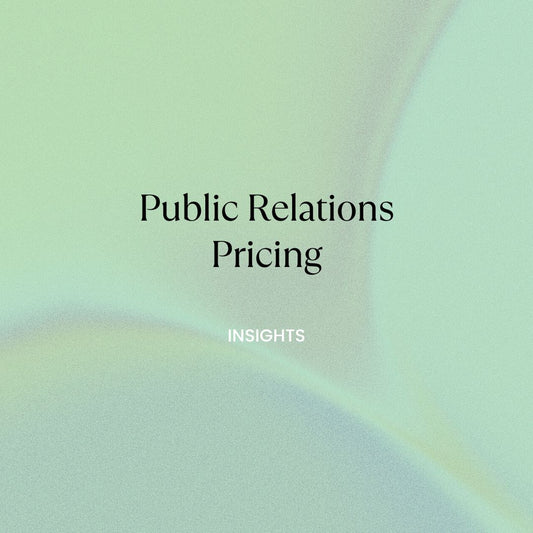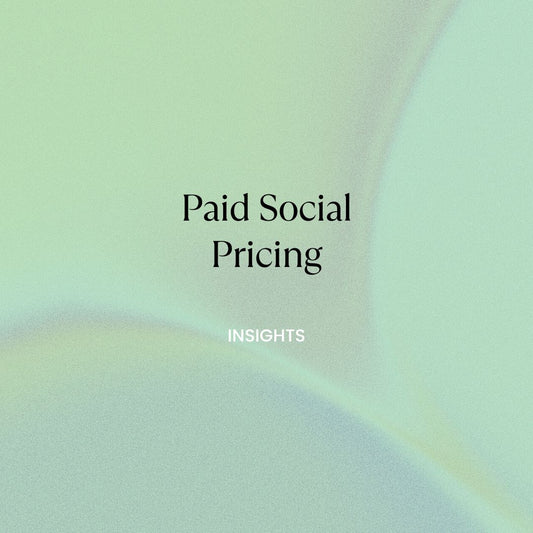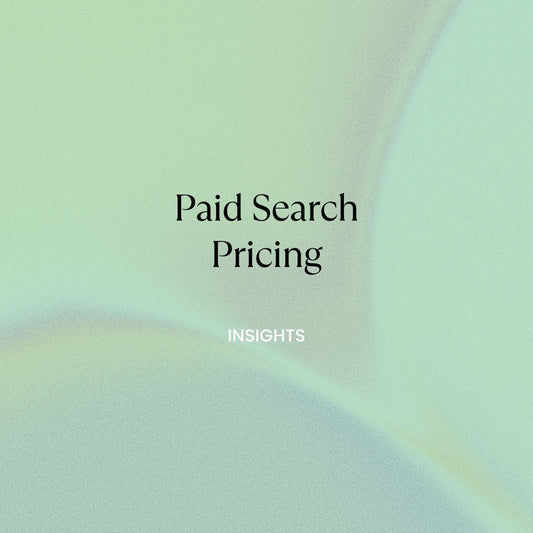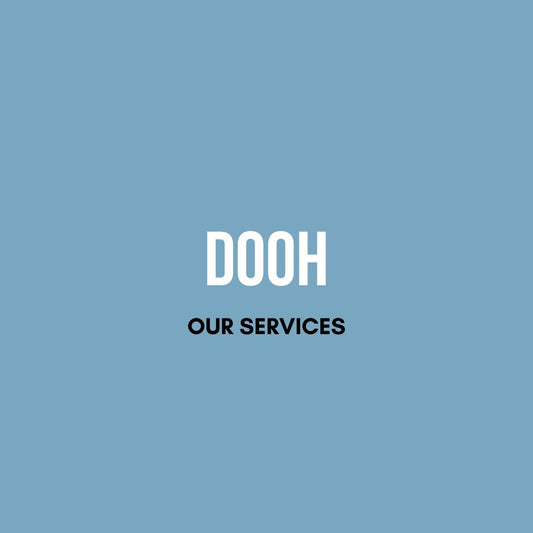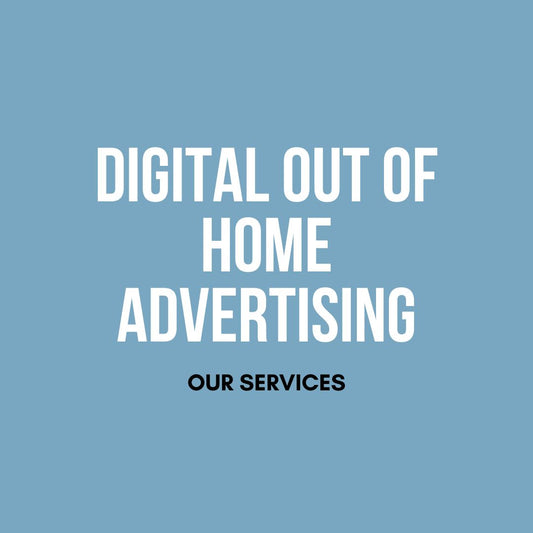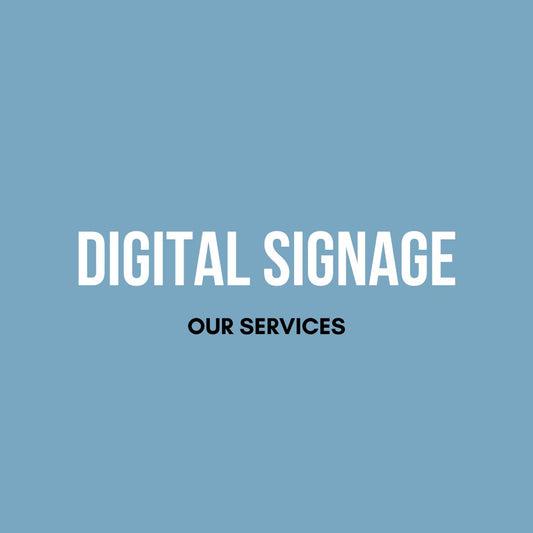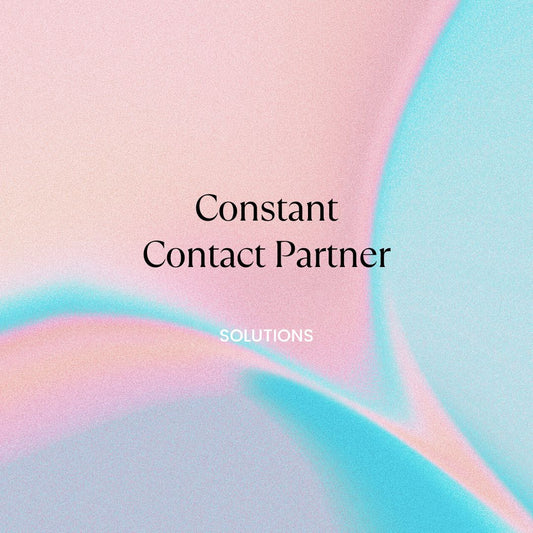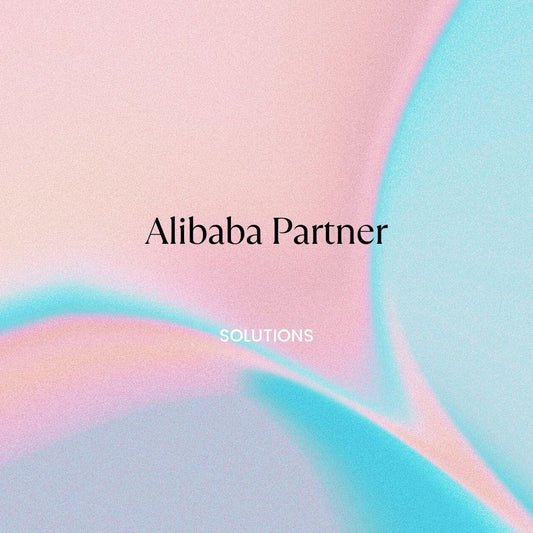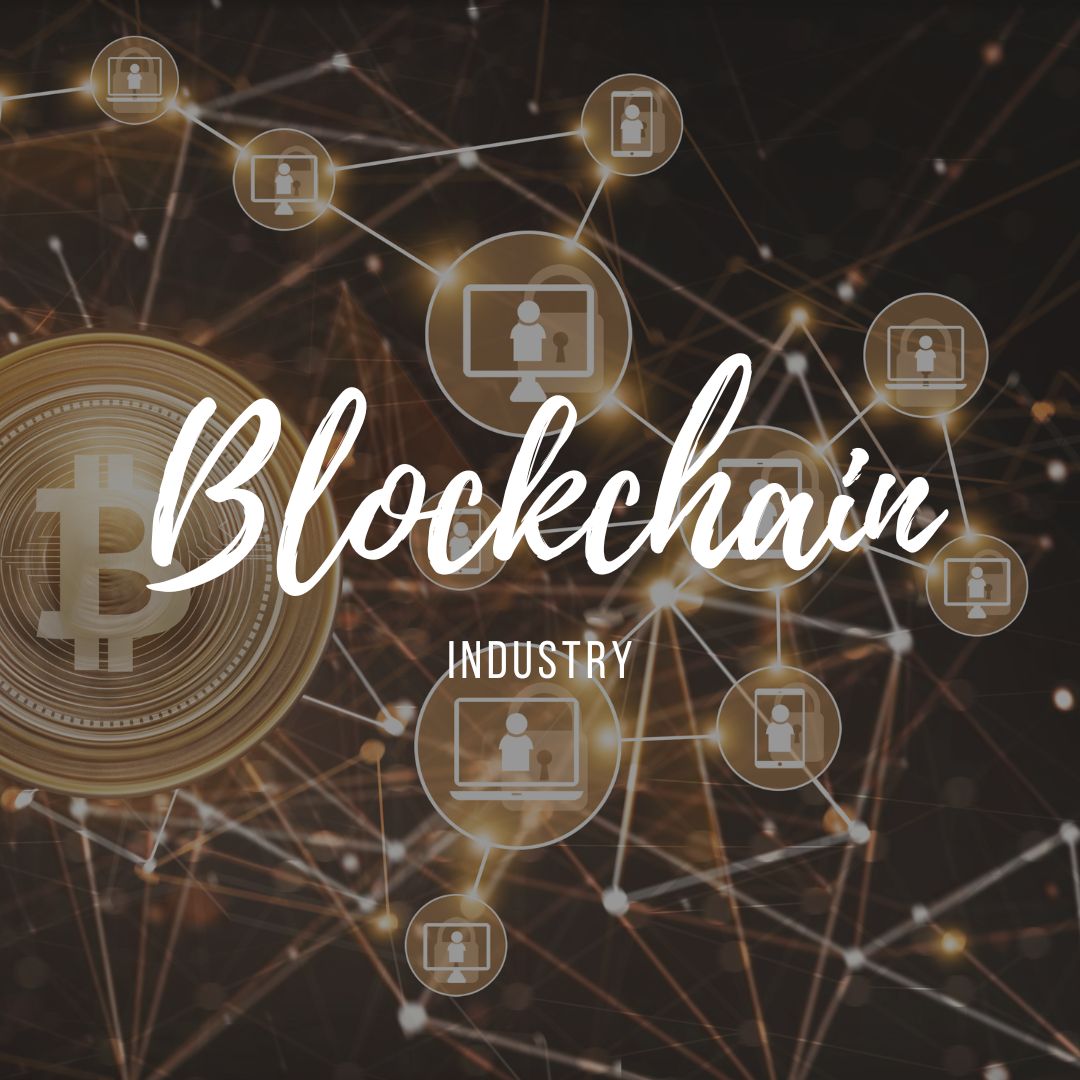
Blockchain
At its core, blockchain is a distributed ledger technology that allows data to be stored globally on thousands of servers while letting anyone on the network see everyone else's entries in near real-time. This makes it incredibly difficult for one user to gain control of the network or manipulate the data. The implications of this for businesses are vast and varied, from the way contracts are enforced to how assets are tracked and traded.
For industries that rely on the sanctity of contracts, such as real estate or law, blockchain offers the promise of smart contracts. These digital contracts execute automatically when their conditions are met, reducing the need for intermediaries and streamlining the entire process. The marketing message here focuses on efficiency and security, emphasizing how blockchain can save time and reduce fraud, thereby increasing profitability and trust.
In the world of finance, blockchain technology is synonymous with cryptocurrencies, but its potential extends far beyond. It offers a way to dramatically reduce the costs and complexity of financial transactions. For banks and financial institutions, blockchain technology promises to expedite back-office settlement systems, provide a secure and efficient way to verify identity and streamline payments. Marketing these benefits requires a nuanced approach that balances the innovative nature of blockchain with the conservative nature of the financial sector.
Supply chain management is another area ripe for blockchain disruption. The ability to track a product from its origin through every step of its journey to the consumer is invaluable. It not only helps in verifying the authenticity of products, thereby combating fraud but also enhances transparency and accountability in supply chains. Marketing blockchain in the supply chain sector involves highlighting its ability to provide a clear, unalterable record, which is particularly appealing in industries where provenance and authenticity are of utmost importance, such as pharmaceuticals, luxury goods, and agribusiness.
In the realm of digital identity, blockchain can offer a secure and immutable way of storing personal data for verification purposes. This is particularly relevant in a world where identity theft and data breaches are commonplace. By marketing blockchain as a solution for digital identity, we emphasize its potential to give control back to individuals over their personal data, a message that resonates in an era where privacy concerns are at the forefront of public consciousness.
The tokenization of assets is another innovative application of blockchain technology. By converting rights to an asset into a digital token, we can potentially democratize access to investments. This is a compelling proposition for marketing, as it speaks to a future where a wider range of people can invest in assets that were previously out of reach, such as real estate, art, or private equity.
In the energy sector, blockchain could transform how we track and trade energy usage, potentially enabling a more sustainable and efficient energy market. By marketing blockchain's potential to facilitate peer-to-peer energy trading, we highlight its role in promoting renewable energy and supporting the decentralization of power grids.
The potential for blockchain to secure voting systems is another area of interest. In a world where the integrity of electoral processes is increasingly questioned, blockchain offers a way to ensure that votes are cast and recorded securely and transparently. Marketing this application involves a focus on blockchain's potential to strengthen democratic processes and increase civic engagement.
For content creators, blockchain presents an opportunity to assert control over and monetize their work. It can be used to create immutable records of content creation and ownership, automate royalty payments, and even combat piracy. The marketing narrative here is about empowering creators and ensuring that they are fairly compensated for their work.
Despite its potential, blockchain technology is not without its challenges. Concerns about scalability, energy consumption, and regulatory acceptance are real and must be addressed in any marketing strategy. It's important to acknowledge these challenges while also promoting the ongoing work to overcome them, such as the development of more energy-efficient blockchain networks or the creation of new regulatory frameworks.
The marketing of blockchain technology requires a sophisticated approach that combines technical understanding with strategic storytelling. It's about painting a picture of a future that is more secure, efficient, and equitable, thanks to the trust and transparency that blockchain provides. As a marketing professional at Soda Spoon, my task is to help clients navigate this complex landscape, identify the opportunities that blockchain presents for their business, and craft messages that will resonate with their stakeholders.
In essence, blockchain is a technology that promises to build trust in a trustless world. It's a tool that can create a new kind of digital infrastructure, less about central control and more about distributed consensus. As we continue to explore the myriad applications of blockchain, from enhancing food safety to securing medical records, the role of marketing is to bridge the gap between the technology's potential and its practical implementation. It's about helping businesses understand not just what blockchain is, but what it can do for them.




